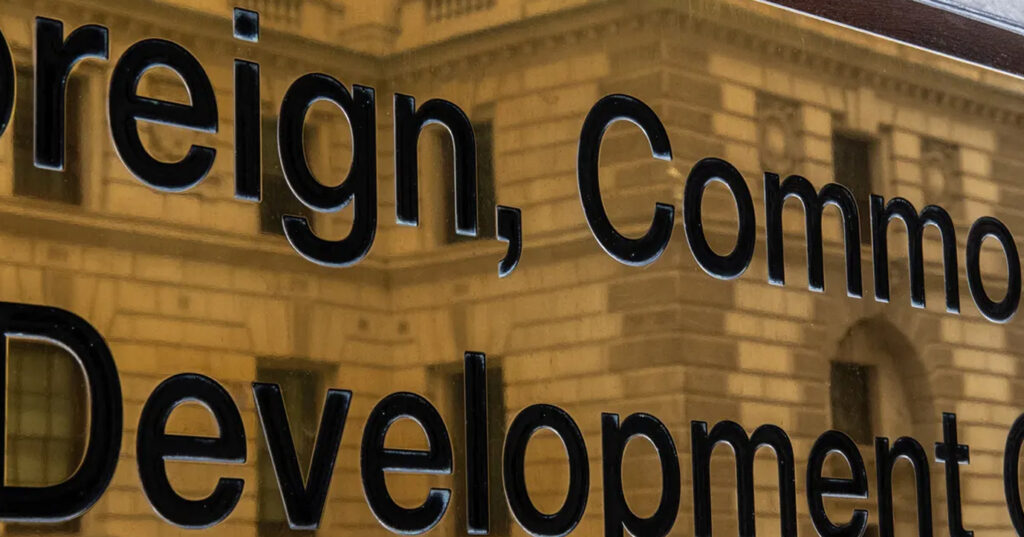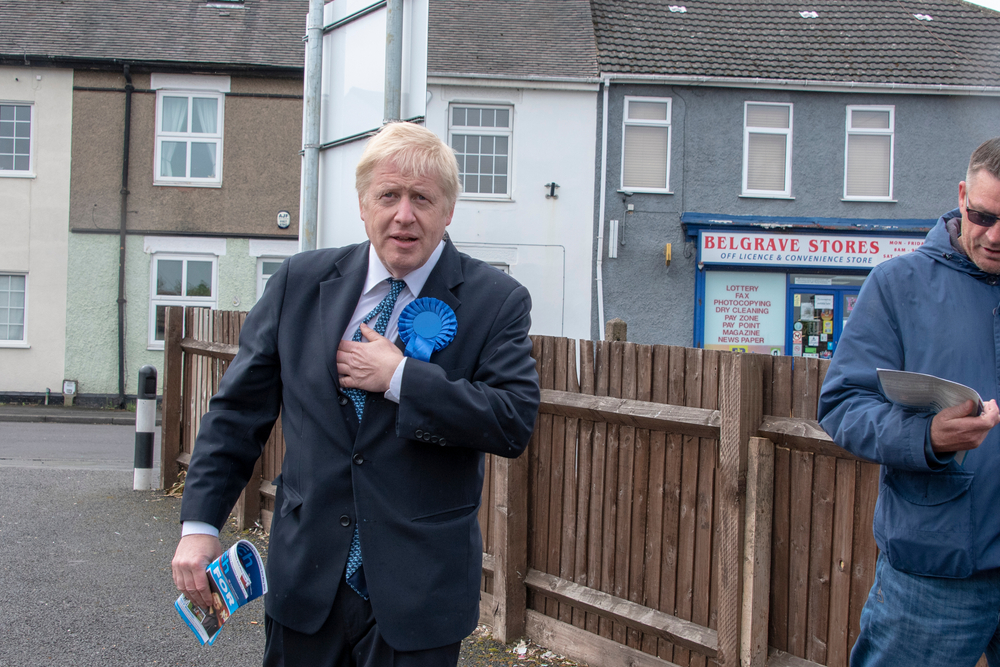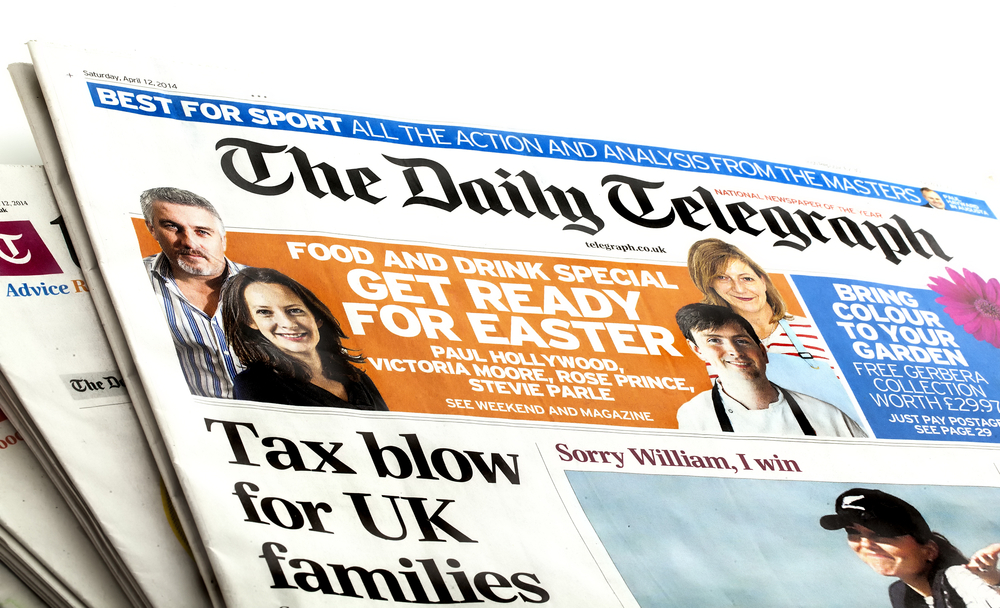
To many people, the House of Lords is an anachronism; few of our proceedings capture public attention. Yet one of the reasons I am so proud of the House is the quality of debate. Discussions in the upper chamber can cast fresh light on a subject, free of the partisan ding-dong that so often characterises the Commons.
Last Monday’s discussion on the effectiveness of development aid was a prime example. Wise and experienced speakers on all sides of the House weighed in on a debate which served to underscore the flaws in the government’s international development policy.
The Lords Economic Affairs Committee had produced a unanimous report questioning the government’s aim of hitting the UN-designated target of handing over 0.7% of Britain’s national income. There was clear support for the Committee’s critique. The UN target might be ancient and arbitrary, but for more than four decades it has had a hallowed status. David Cameron even pledged the coalition would not only hit the target but enshrine it in law.
This sacred target explains why even at a time of austerity – with cuts to child benefit, defence and disability entitlements – the foreign aid budget is soaring. Over the course of the coalition, the Department for International Development’s spending will rise from £7.8bn in 2010 to £11.5bn by 2015 – an astonishing and frankly absurd 50 per cent increase. Little wonder the policy is being questioned by the media and the electorate – with good cause, as I have argued before.All the major parties have signed up to the UN target. But as the ever sagacious Lord Lawson noted, when all three parties agree on a policy it is nearly always wrong. The former Chancellor reminded the House that the road to hell was paved with good intentions; he made a powerful case, chiming with many of my own concerns, that much aid spending is counter-productive and only serves to fuel corruption.
He was far from alone. As several speakers pointed out, it is nonsensical to put this pledge into law. Some said it was outdated, given the pace of change and speed of growth in the developing world, and that DfID appeared stuck in the past. Others said it was simply wrong to give away so much money abroad when domestic budgets were being eviscerated. Several doubted that Whitehall officials could control spending adequately when budgets were rising so fast.
It is significant that a number of prominent Labour peers shared many of these concerns. While supporting international aid in principle, they questioned the performance of DfID and the likelihood that fast-rising development budgets would be well-spent. Their number included Lord Lipsey, former chairman of the Fabian Society, who said the vast aid increases threatened to backfire by encouraging corruption and inefficient spending. Indeed, he suggested any Machiavellian opponents of aid would support the 0.7% target “because it would so discredit aid that no government would dare spend poor taxpayers’ money on that scale again.”
Interestingly, he said Labour’s experience with the National Health Service showed what happened when public expenditure rose too fast. “Now the evidence is in and it shows that what the increased spending greatly increased were the salaries of doctors and what it somewhat decreased was the productivity of the National Health Service.”
The Labour peer and former newspaper proprietor Lord Hollick highlighted that British money pledged to help the poor was going to a comparatively wealthy nations such as Turkey, thanks to our funding of EU aid programmes. He concluded with a waspish idea: if so much money was available, why not cut basic rate income tax by 2p to reduce the burden of recession at home rather than giving away unmanageable amounts of aid abroad? We must hope Ed Miliband missed this suggestion.
The message to the government was clear: even among supporters of aid there is deep concern over the vast sums devoted to it at a time of austerity. It is simply too much spending, too fast a rise. Above all, the coalition should drop the idea of enshrining the arbitrary and outdated UN target in law. Lord MacGregor, the Committee’s chairman, rightly argued that a target adopted in 1970 should not be the main yardstick of British policies more than four decades later. In particular, it was wrong to prioritise spending levels over achievements, while the speed of proposed increases risked reducing aid effectiveness and increasing the chance of corrosion to the political systems of recipient nations.
As the former education secretary said: “The global picture shows that trade and capital flows, not aid, are the real drivers of economic progress in the developing world.” Precisely. So let’s hope ministers listen to their lordships and turn down the golden taps of aid that are flooding the world with our cash at a time when it is needed so badly at home.


